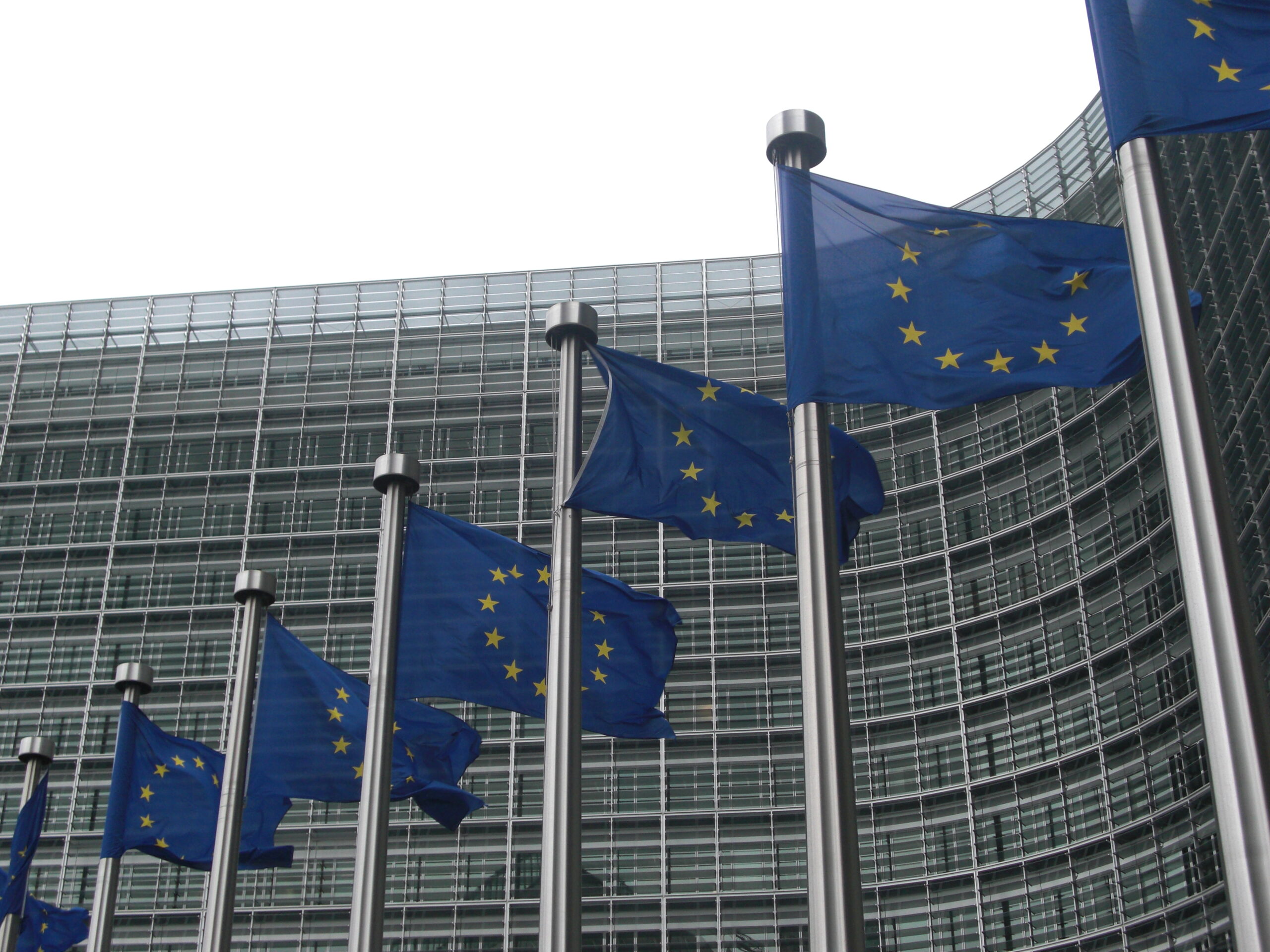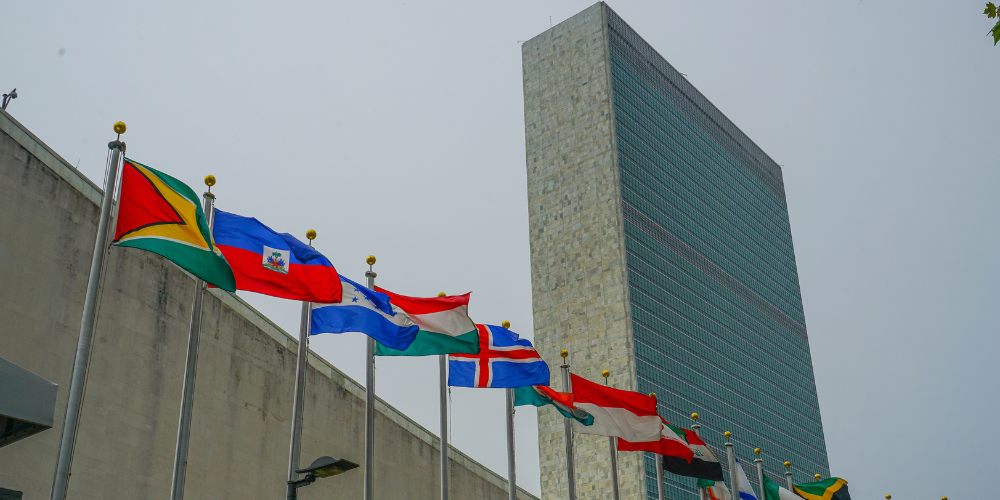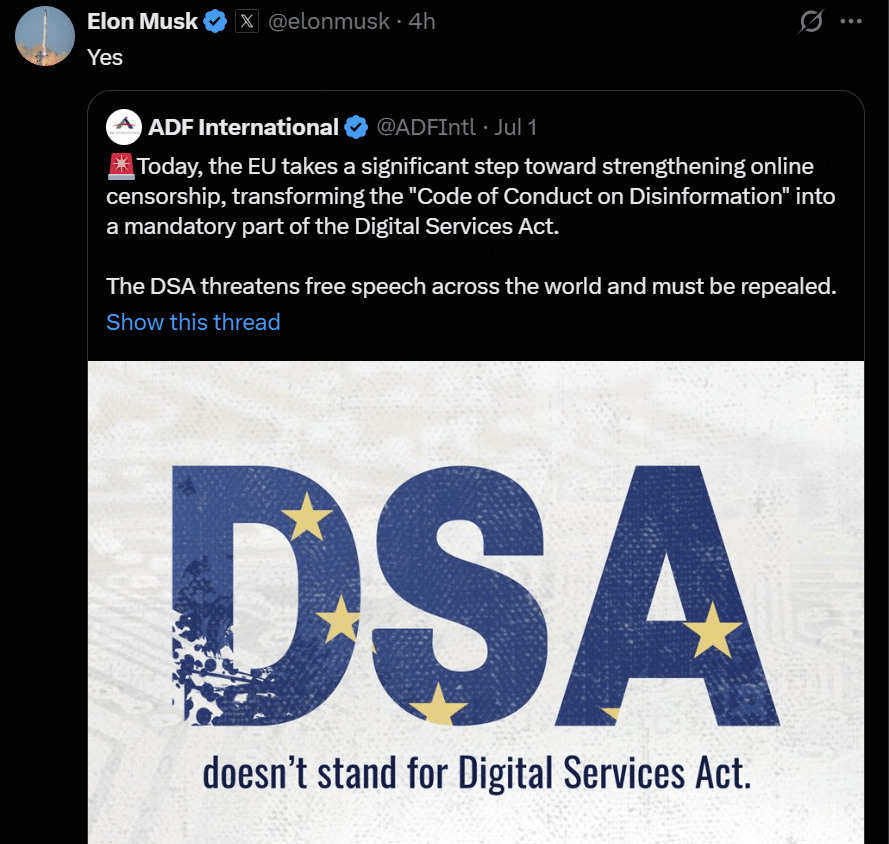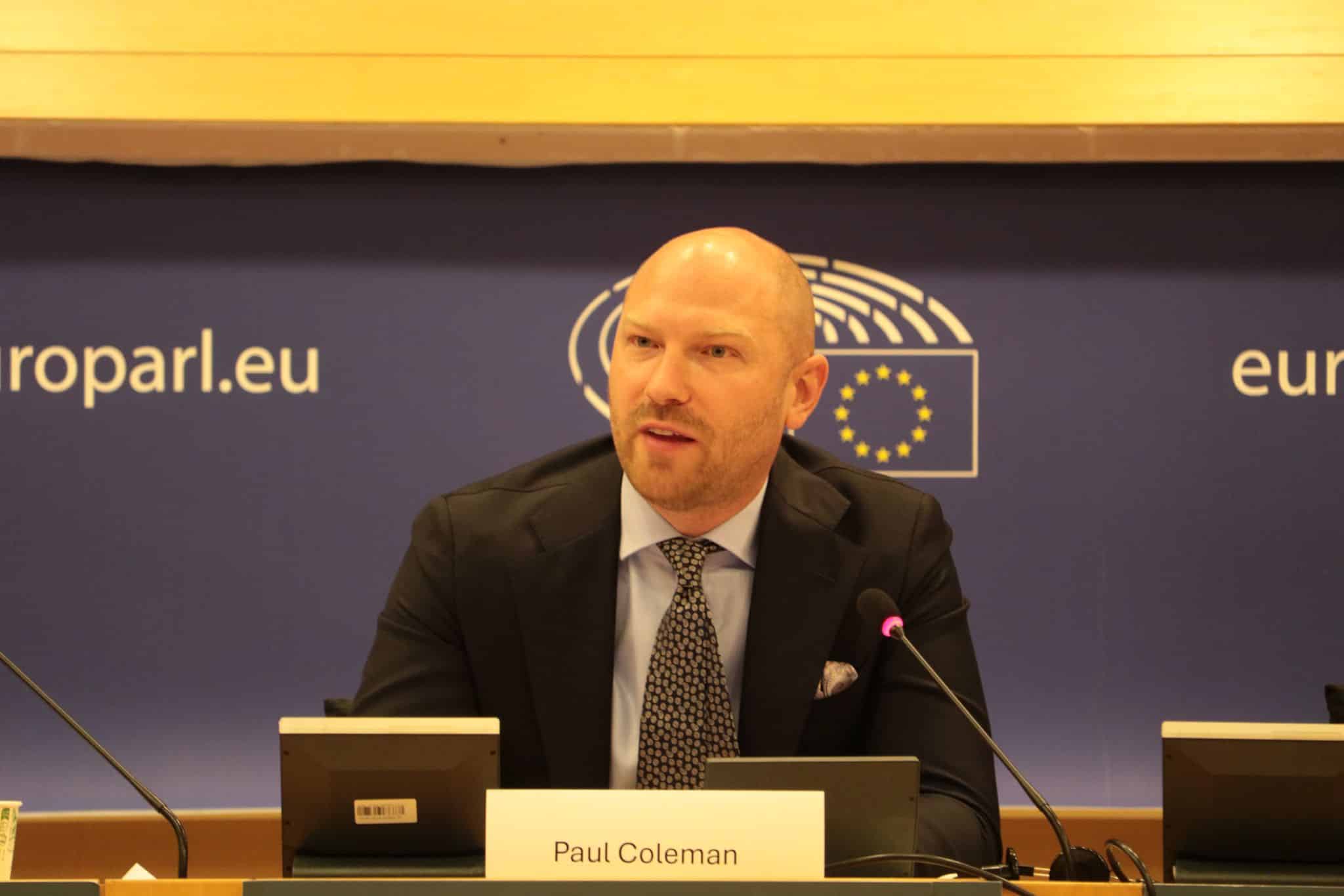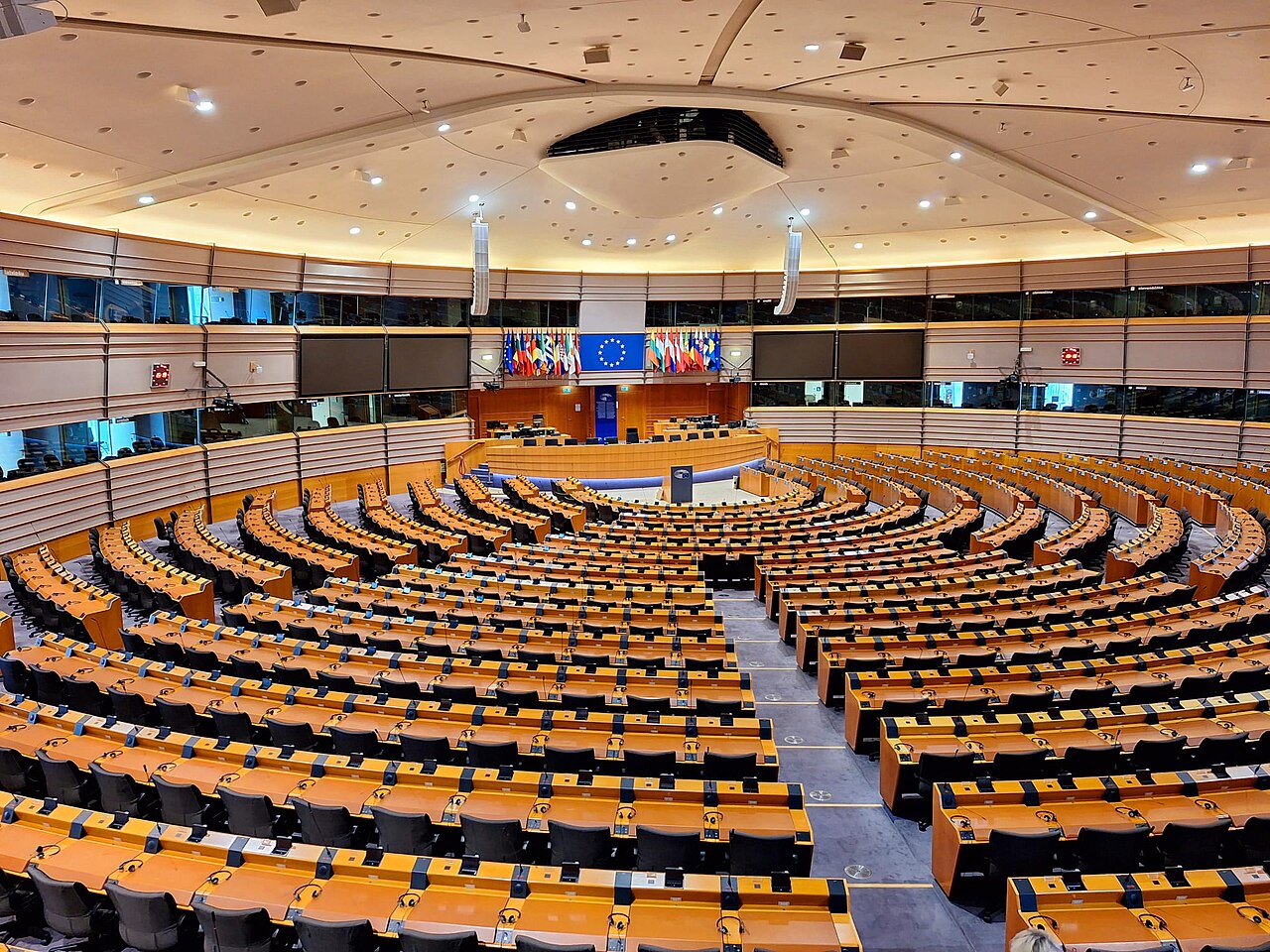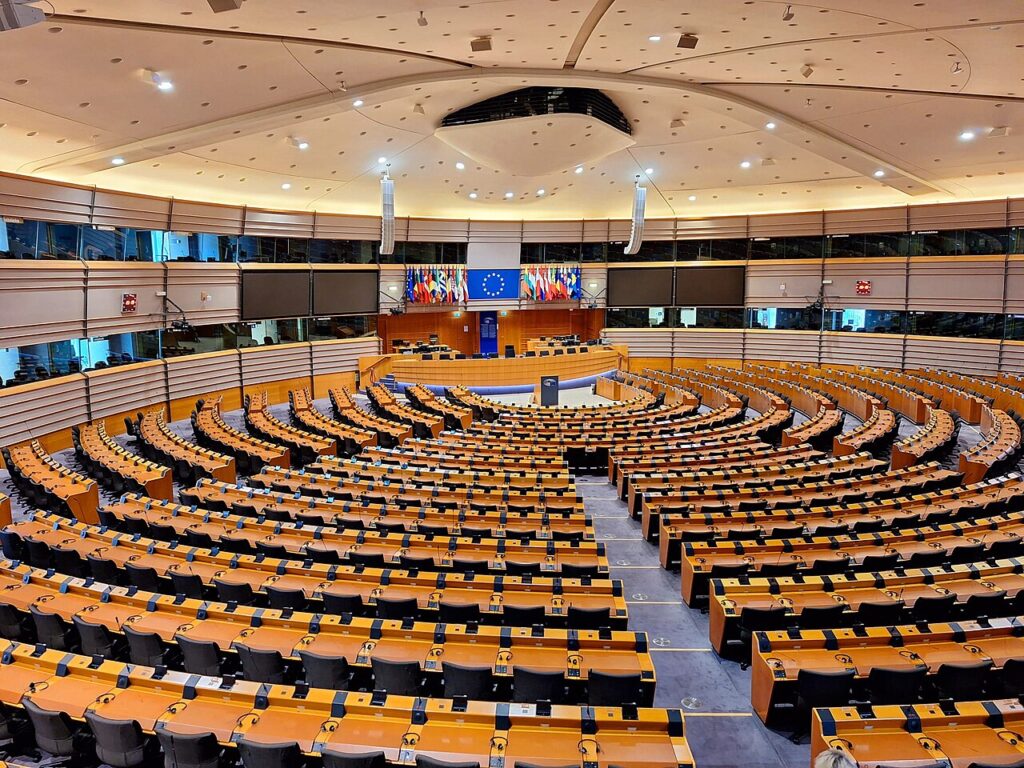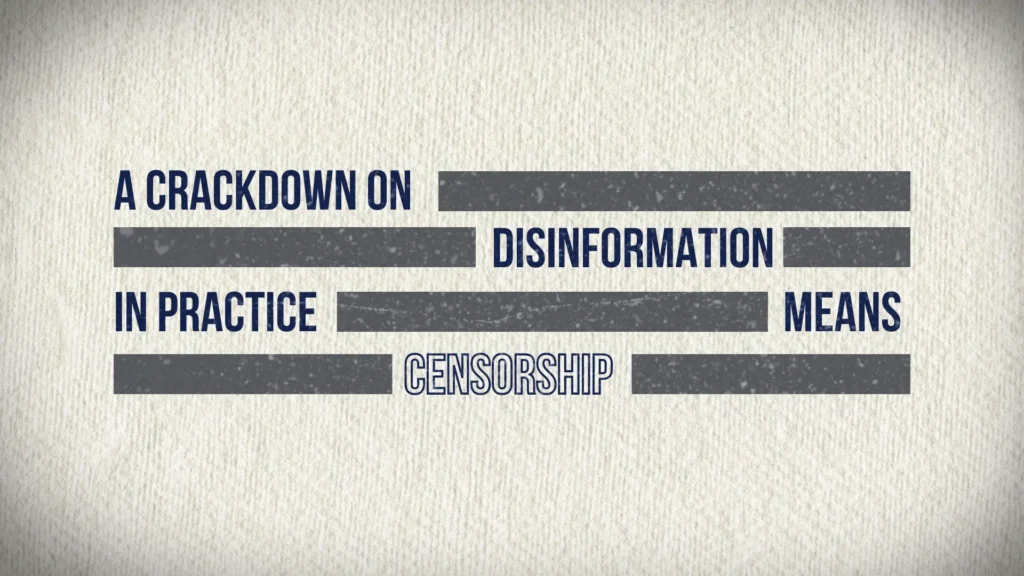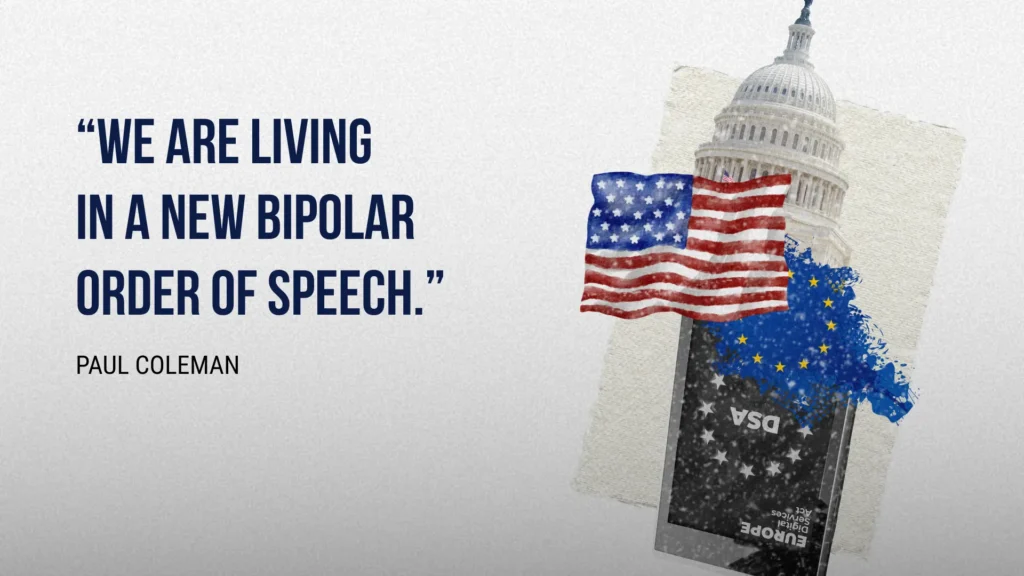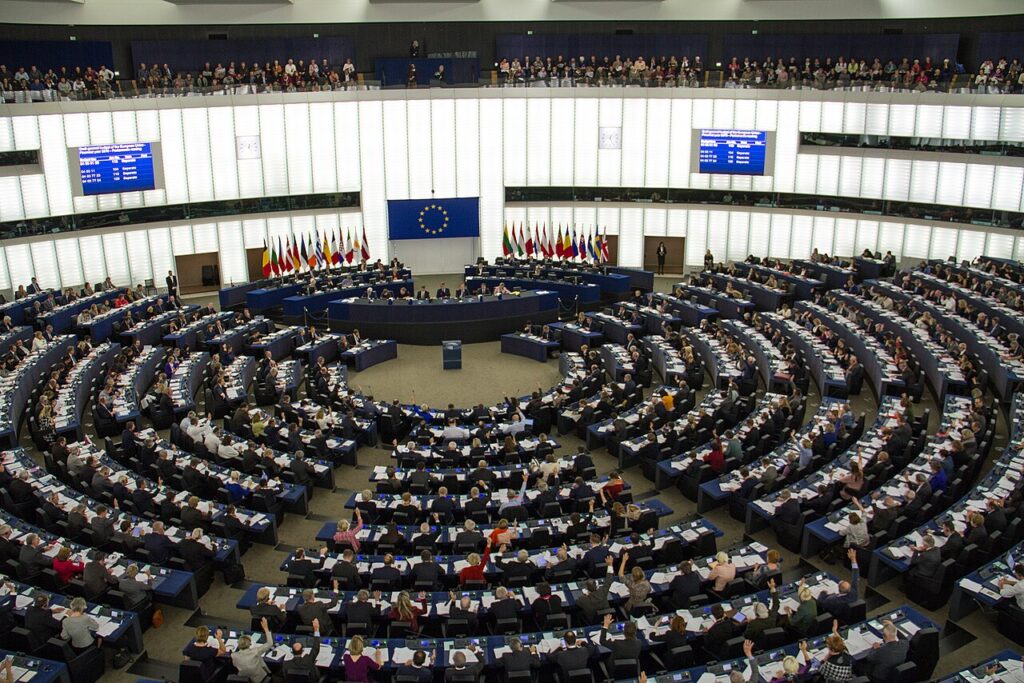- Letter calls on Commission to consult free speech experts as part of review into censorial Digital Services Act (DSA)
- Letter from free speech experts, which was coordinated by ADF International, comes after US Ambassador to EU and Google recently expressed concerns that DSA risks censoring American online speech
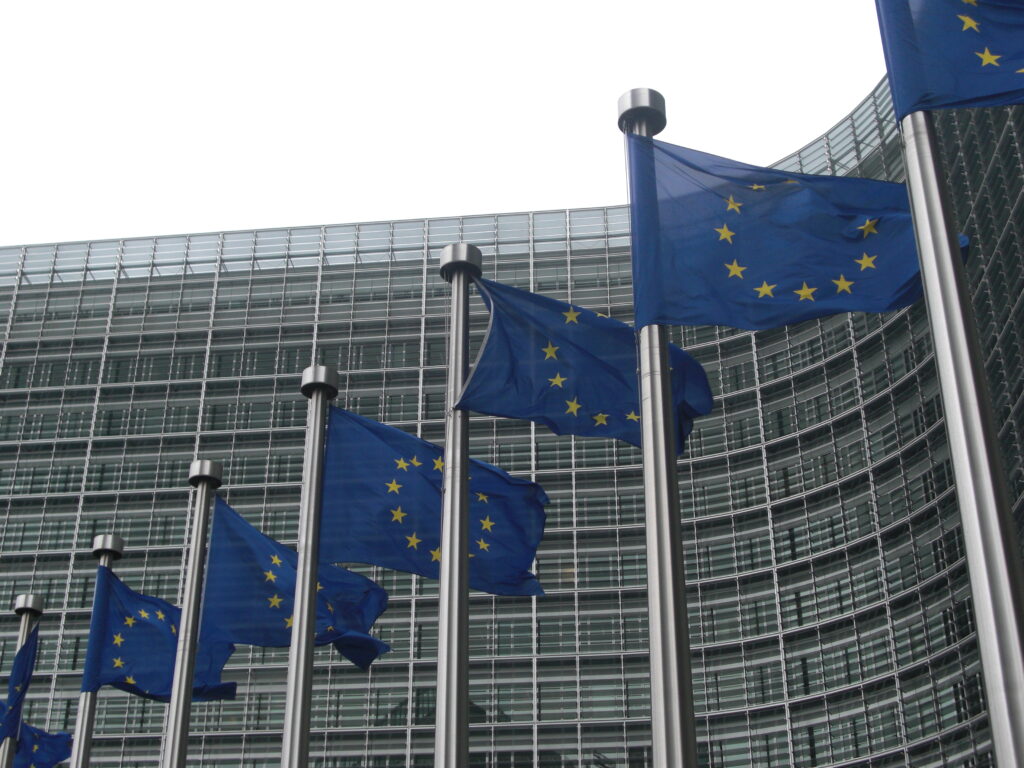
BRUSSELS (9 October 2025) – More than 100 free speech experts from around the world today wrote to the European Commission warning that an EU law risks censoring global speech online.
In a letter to the European Commission, the 113 experts, including a former VP of Yahoo Europe, a former US Senator, and politicians, academics, lawyers and journalists from around the globe, called on the Commission to consult free speech experts as part of its review into the EU’s Digital Services Act (DSA), which will take place by 17 November.
The letter, which was coordinated by free speech legal advocacy organisation ADF International, states: “[The DSA] constructs a pan-European censorship infrastructure with loosely defined boundaries and the potential to suppress legitimate democratic discourse…
“The wide definition of illegal content allows the most speech-restrictive provisions of one single EU country to be imposed as a standard across the entire Union, and potentially worldwide, effectively importing the lowest common denominator of expression.”
The letter added: “The broad definition of ‘illegal content’ in the DSA, combined with existing jurisprudence of the Court of Justice of the European Union (CJEU) opens the door to worldwide takedowns.”
Signatories include ADF International Executive Director Paul Coleman, President, CEO, and Chief Counsel of Alliance Defending Freedom Kristen Waggoner, former Vice President of Yahoo Europe Jean-Marc Potdevin, former US Senator and former US Ambassador-At-Large for International Religious Freedom Sam Brownback, Founder and General Secretary of the Free Speech Union Toby Young, former President of the American Civil Liberties Union Nadine Strossen, award-winning journalist and author Michael Shellenberger and Research Fellow at the Hoover Institution Ayaan Hirsi Ali.
Cross-party Members of the European Parliament (MEPs) also signed the letter, including ECR MEP Stephen Bartulica, EPP MEP Branko Grims, and Patriots MEP Virginie Joron, as well as McCormick Professor of Jurisprudence at Princeton University Robert P George, American philosopher and author Peter Boghossian, child protection advocate Chris Elston aka Billboard Chris and other experts from the UK, Europe, Latin America and the United States.
Read the full letter, see the full list of signatories and sign the public version of the letter here.
Opaque review process into DSA
The letter expresses concern over the European Commission’s opaque review process into the DSA and calls on the Commission to: “Conduct a comprehensive and inclusive consultation with independent experts in freedom of expression, constitutional law, and digital rights, ahead of the November review, inviting public comments.
“Publicly disclose the list of NGOs, civil society actors, and partner entities engaged in the review process, including the criteria and methodology used for their selection.
“Ensure that the review includes a rigorous legal analysis of the DSA’s compatibility with fundamental rights protections, especially under Article 11 of the Charter of Fundamental Rights of the EU, Article 10 of the ECHR, and Article 19 of the ICCPR.”
Concerns from US Ambassador to the EU
The experts’ letter to the European Commission comes after the US Ambassador to the EU Andrew Puzder last week expressed concern that the DSA risks censoring American citizens, and follows Google warning the DSA threatens American speech.
Ambassador Puzder last week said: “No President of either party, and I can tell you President Trump in particular, is going to tolerate a foreign government restricting the First Amendment fundamental free speech, free expression rights of American citizens, to an extent that the United States government can’t even regulate those rights.
“So we need to come to an understanding as to what’s happening with the Digital Services Act.”
Ambassador Puzder has also reportedly said the United States will make formal submissions under the European Commission’s review of its digital legislation.
The letter’s warning about the threat of global DSA censorship reinforces Ambassador Puzder’s and Google’s concerns.
Dr Adina Portaru, Brussels-based Senior Counsel, Europe for ADF International said:
“The European Commission claims the DSA will not censor speech and will merely create a safer online environment. In this letter, one hundred free speech experts vehemently disagree.
“The US Ambassador to the EU and Google recently expressed concern that the DSA threatens American online speech. This letter from experts reinforces these concerns and warns that the legislation threatens to impose an online censorship regime not just in the EU, but across the whole world.
“The Commission must urgently engage with these concerns in their review of the DSA, and act to ensure freedom of expression is protected online.”
French MEP and signatory of the letter Virginie Joron said:
“The French digital regulator ARCOM told me they believe the DSA allows them to censor any post anywhere in the world using the DSA. That means even an American citizen posting in Alabama could potentially have their online post taken down, even if the publication would be legal in the US.
“This already happened in 2023 after the Annecy terror attack in a playground in the South of France where a migrant from Syria stabbed four babies and toddlers. A reaction from a US citizen was taken down, as described in the report from the US Congress.”
As well as warning about the possibility of global takedown orders under the DSA, the letter also quotes the US House Judiciary Committee in highlighting another way the EU legislation risks censoring global online speech: “Because many social media platforms generally maintain one set of content moderation policies that they apply globally, restrictive censorship laws like the DSA may set de facto global censorship standards.”
Read more about the DSA here.
Images for free use in print or online in relation to this story only
(From left to right: Dr Adina Portaru, Brussels-based Senior Counsel, Europe for ADF International; French MEP Virginie Joron)



